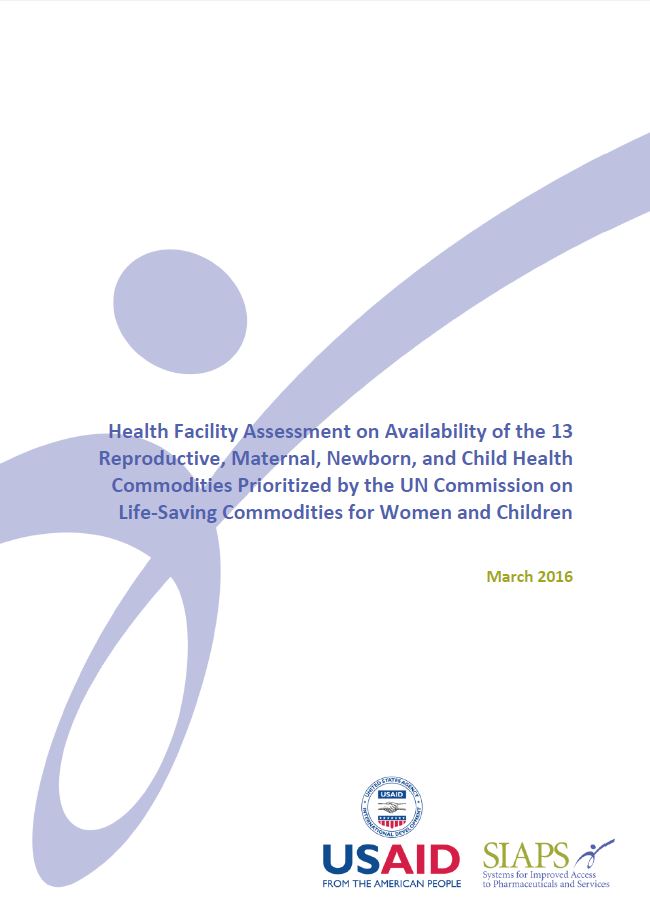
Every day, about 800 women die from preventable causes related to pregnancy and childbirth. Although great strides have been made in reducing global child mortality, newborns now account for 44% of all childhood deaths. Ethiopia contributes to more than 4% of all global maternal deaths, which were estimated at 1,300 in 2013. In 2010, the UN Secretary-General’s Global Strategy for Women’s and Children’s Health highlighted the suffering of women and children around the world caused by lack of access to life-saving commodities. With a strong focus on the reproductive, maternal, newborn, and child health (RMNCH) continuum of care, the UN Commission on Life-Saving Commodities for Women and Children (UNCoLSC), identified and endorsed an initial list of 13 life-saving commodities that, if more widely accessed and properly used, could save the lives of more than 6 million women and children.
As part of examining the current status and empowering Drug and Therapeutics Committees (DTCs) to continually monitor availability of priority RMNCH (UN life-saving) medicines, a baseline assessment was conducted July 27–31, 2015, at selected health facilities in Ethiopia. The information generated from this assessment is expected to help guide future interventions needed in relation to strengthening health facility DTCs to monitor and ensure availability of these life-saving medicines on a continuous basis.


